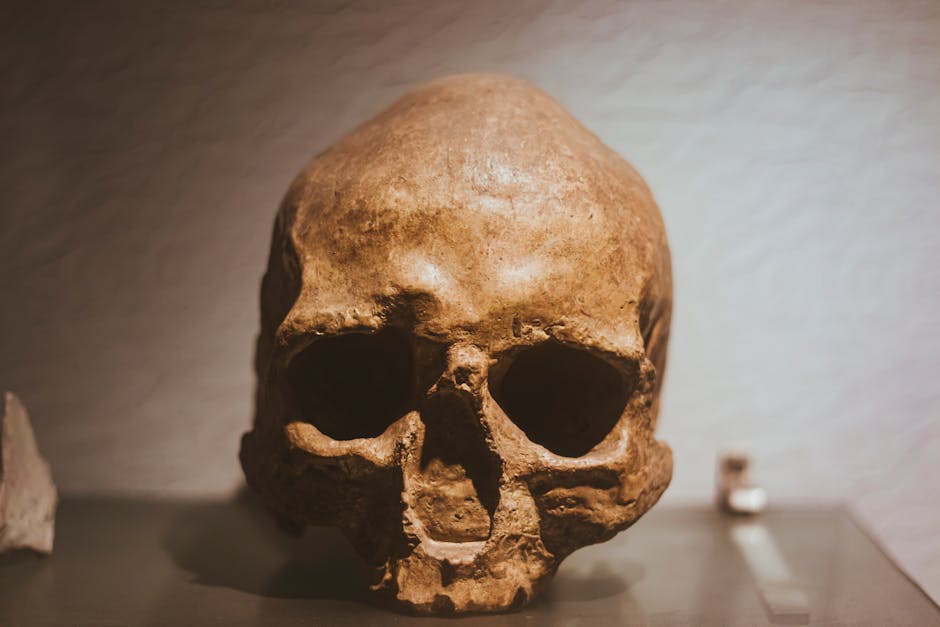The understanding and practice of history, a discipline inextricably linked to archaeology, has undergone a profound transformation over the centuries. From the preservation of royal lineages to the meticulous excavation of ancient civilizations, the quest to comprehend the past has constantly adapted its methodologies and its very scope. This evolution reflects changing societal needs, technological advancements, and a deepening appreciation for the complexity of human experience.
Early historical accounts often served pragmatic purposes, like justifying power structures or recording significant events. Ancient civilizations, from Mesopotamia to Egypt, employed various forms of record-keeping, primarily focused on documenting royal achievements and religious beliefs. These narratives, while valuable for understanding the time, were not necessarily objective or comprehensive in their portrayal of the past. They were often tailored to reinforce existing power dynamics, presenting a biased or incomplete picture of reality.
The rise of classical historiography in ancient Greece marked a significant departure. Historians like Herodotus and Thucydides attempted to systematically examine past events, employing critical analysis and narrative structure. Their works, though rooted in the author’s personal experiences and interpretations, represented a critical leap towards a more rigorous approach to understanding human action. This shift acknowledged the complexity of human affairs, recognizing that motives and events could be influenced by a multitude of interconnected factors.
Moving forward, the Middle Ages witnessed a renewed emphasis on religious history and the lives of saints. This period frequently interwove religious narratives with secular accounts, often shaping the historical record to align with the prevailing theological interpretations of the time. While monastic chronicles provided valuable glimpses into everyday life, the lens through which these events were viewed remained heavily influenced by religious dogma.
The Renaissance marked a pivotal turning point in the development of historical study. Humanism fostered a renewed interest in classical texts, prompting historians to look beyond religious frameworks for explanations. Figures like Machiavelli, in their political analyses, began to incorporate insights from ancient history to address contemporary concerns. This period saw the emergence of a more secular approach to understanding the past, paving the way for a more systematic and critical investigation of human behaviour.
The Enlightenment brought about a profound philosophical shift. Enlightenment thinkers emphasized reason, logic, and empirical evidence as crucial tools for understanding the world, including the past. This period saw a surge in historical research, driven by the desire to uncover patterns, trends, and causal relationships. Historians began to examine political and social systems, exploring factors such as economic growth and social structures, contributing to a more nuanced and complete understanding of societal evolution.
The 19th century witnessed the development of professional history. The formation of academic institutions, coupled with growing literacy rates and the publication of primary sources, facilitated a more rigorous and systematic approach to historical research. This period saw the development of specific historical sub-disciplines, such as economic history, social history, and cultural history, and methodologies evolved, with a greater emphasis on using primary source evidence. Figures like Leopold von Ranke, who advocated for objectivity and impartiality in historical accounts, played a critical role in shaping this evolution.
The 20th century and beyond ushered in new waves of transformative insights. The rise of social sciences introduced new methodological approaches, with scholars employing quantitative methods, statistical analyses, and comparative studies. The study of history became increasingly integrated with other disciplines, leading to interdisciplinary approaches that focused on the interplay between cultural, economic, and social forces.
Postmodernism introduced further challenges to established historical narratives. Postmodern scholars questioned the possibility of objective historical accounts, arguing that interpretations are inevitably shaped by the historian’s perspective and the prevailing social and political context. This critical interrogation of grand narratives encouraged a more nuanced understanding of the past, recognizing the multiplicity of voices and experiences often marginalized in traditional historical accounts. In tandem with this, the field of archaeology started exploring the role of material culture in understanding the past, encompassing perspectives from anthropology and material analysis.
Within archaeology itself, the study of the past has also evolved. From the initial focus on grand discoveries to the meticulous analysis of artefacts, archaeology has adopted a multitude of approaches. Scientific methods, such as carbon dating and radiocarbon dating, have revolutionized the way we interpret the past. Moreover, the exploration of human-environment interactions has become increasingly significant, moving beyond the reconstruction of past societies to an understanding of how humans have adapted and shaped their surroundings over time.
The study of history and archaeology, in its contemporary manifestation, is intricately linked to a global and interconnected understanding of the world. Global history, focusing on global connections and cultural exchange, has become increasingly important, acknowledging the interconnectedness of events and perspectives across different regions. This emphasis on global contexts and comparative analyses has significantly contributed to a more comprehensive understanding of the complexities of human history.
Archaeological research continues to grapple with ethical considerations, recognizing the importance of indigenous perspectives and heritage preservation. The collaborative efforts of archaeologists, anthropologists, and indigenous communities are crucial for ensuring respectful and responsible excavation and analysis. This ethical dimension of historical research is crucial to understanding the past in all its complexities.
In conclusion, the evolution of history and archaeology reflects a continuous quest to understand the past, a process constantly adapting to new ideas, methodologies, and challenges. From the limited perspectives of early accounts to the sophisticated analytical tools of today, the study of the past continually evolves, reflecting a profound commitment to unraveling the complexities of human experience, both locally and globally. The constant interplay between the written word and the material remains ensures a richer, more nuanced understanding of our shared human narrative.
